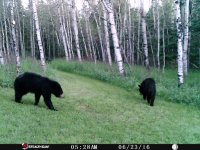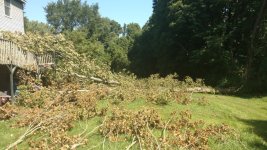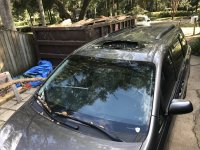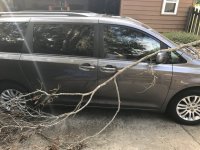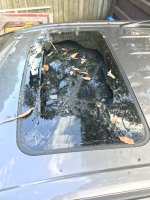- Joined
- Aug 21, 2018
- Messages
- 1,812
- Reaction score
- 4,603
Al,Good judgement plays a big part. I've camped on rivers during salmon runs many times without fear, but there is also good camping and fishing spots close to home that I won't camp at because of the high concentration of bears. One of those places is at the bottom of the Kenai River gorge on Skilak Lake, a good place to get a thirty inch rainbow. A guy was killed there last year. There were 7 bear attacks up here as of the end of May so that number probably is up by now. Stuff like this plus knowing two bear attack survivors personally is why I have "concern."
I would not camp at a spot that has so many bear attacks. The risk is much higher than I am willing to accept!
In addition to the concerns I mentioned in my last post, I have always had concerns about being able to cook meals on our canoe trips on the Barren Grounds, where there is often no available wood. I always take my Coleman Peak 1 backpacking stove. But what if it failed? Well, I also always take a second Coleman Peak 1 stove as a backup.
I have never needed it until our first night out on the Yukon River in 2017. Even though I had tested the stove before leaving home, it did not work. So out came the backup stove. Good thing I had it, as we were camped in what was a very popular spot at the beginning of Lake Leberge. No firewood was available. My concern of 27 years was justified!

